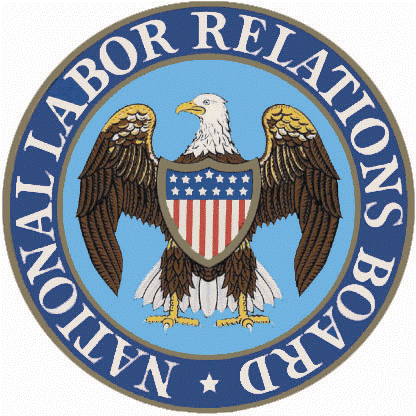Employers with mandatory arbitration policies should give them a second look in the wake of an NLRB’s judge’s ruling against a global supplier of manufacturing parts.
In addition, the judge ordered backpay and reinstatement for the 20 employees who were fired when they refused to sign the paperwork agreeing to the new policy.
That might be a problem more for HR generalists and compliance staff were it not for the fact that recruiters are faced with sorting through a legal fog regarding pre-dispute arbitration agreements. Typically these agreements are part of the raft of documents new employees first see during onboarding. But these days, the savviest of candidates are insisting on inspecting corporate policies as closely as they are the comp package when an offer is made.
Case “could be a gift from on high”
While the Supply Technologies case turned on a unique combination of factors, including some confusing language regarding complaints to government agencies, the decision does little to add clarity to the state of the law regarding compulsory employee agreements.
The EEOC long ago declared its policy against mandatory arbitration agreements in employment.It took the position in the wake of a U.S. Supreme Court decision in 1991 enforcing a mandatory arbitration requirement in an age discrimination case.
Now, a month before NLRB Judge Aleman issued his ruling, the Supreme Court overturned lower courts and ruled that a cell phone contract barring class actions and requiring arbitration or individual actions only was enforceable. The 5-4 ruling in AT&T Mobility v. Concepcion held that ATT could enforce a no-class-action/arbitration-only provision in its cell phone contracts.
While that case had nothing to do with employment, lawyers with global law firm SNR Denton suggest that for employers, it “could be a gift from on high.”
“It now appears,” write the authors of the analysis, “that an employer can compel its employees to arbitrate all employment claims pursuant to the terms of a mandatory arbitration agreement that expressly prohibits class-wide arbitration.”
However, the administrative law judge’s ruling in Supply Technologies can be read to say “not quite.” Aleman’s decision was handed down May 31, weeks after the Supreme Court’s cellphone arbitration decision. And in his decision, among other things, he effectively ruled that a mandatory arbitration agreement that essentially gutted the value of complaining to government agencies was not enforceable.
Case background
Here’s the background:
Supply Technologies’ grievance policy, called Total Solution Management, was introduced last October, three days after a unionizing vote failed 22-22. Four sets of documents, all in English, explaining the program were distributed to workers with the requirement that they be signed and returned.
When 20 workers at the company’s Minnesota facility, most of them Hmong with limited English proficiency, objected to signing the documents because they didn’t understand them, they were fired on the spot.
The Teamsters, which lost the union vote, filed a complaint with the NLRB, which accepted the case and filed against Supply Technologies.
Aleman, in his decision, found the documents to contain contradictory language, writing that “the policy is, at best, ambiguous and confusing, and thus unlawful.” He also noted that despite its specific avowal of the right of employees to file complaints or charges with government agencies, the TSM policy required them to waive their right to any remedy they might be able to get.
This waiver requirement, in my view, renders meaningless whatever right employees purportedly have under the TSM to file a charge with the Board, and would, I find, have a chilling effect on an employee’s willingness to exercise their Section 7 right to do so.
The company, a subsidiary of Park-Ohio, can appeal the ruling to the NLR Board in Washington. Company HR vice president Betty Boris was out of the office and couldn’t be reached.
Case shows limits of a mandatory arbitration policy
In a review of the decision, the employment and labor firm Barnes & Thornburg said the case “provides an illustrative example of the limits of a mandatory arbitration policy in the employment context.” The firm also cautioned about the “critical role that drafting and rollout can play in implementing such a policy.”
(The testimony in the case said a supervisor simply had the employees collect the documents. No meetings were held and the supervisor allegedly told employees he did not know what the packets contained.)
The Barnes & Thornburg discussion of the Supply Technologies case notes the ATT decision, and says the NLRB case “at least reminds employers of the limits of arbitration policies in the employment context.”
Next up from the Supreme Court is a decision on an appeal by Wal-Mart to a class action sex discrimination suit. The company is appealing the certification of a 1.5 million member (and growing) class, said to be the largest class action case ever. The decision is due later this month and legal experts expect the lower court to be reversed and class action status denied.
